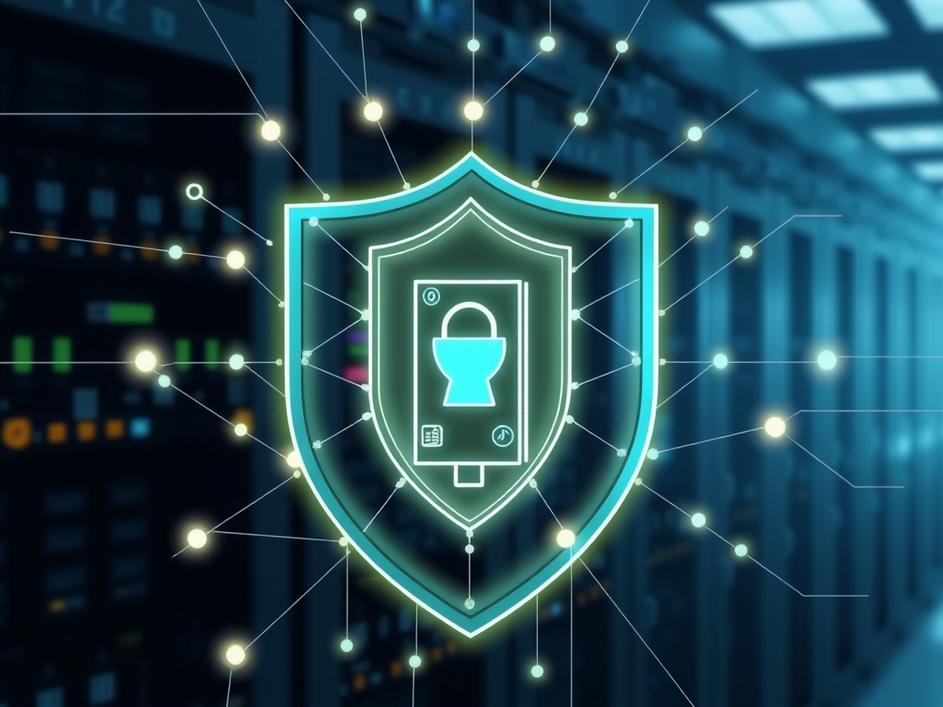


We are a digital agency helping businesses develop immersive, engaging, and user-focused web, app, and software solutions.
2310 Mira Vista Ave
Montrose, CA 91020
2500+ reviews based on client feedback

What's Included?
ToggleThink about your day. How many times did you use your phone? Sent a message? Checked a map? Streamed music? All of these everyday actions rely on a huge, complex network that mostly stays hidden. We rarely think about the companies that build and run these networks, the ones that connect us to everything and everyone. These are our telecom providers, and they’re like the invisible engineers of our modern lives. They carry our calls, our texts, our internet traffic – basically, the entire digital version of us. Because of this, when there’s a wobble in their security, it’s not just another company problem; it feels like a tremor in the very ground we walk on digitally. It’s a big deal because we trust them with so much, often without even realizing the depth of that trust. And frankly, they hold the keys to a lot of our personal story.
Recently, some news from South Korea really highlights this trust issue. LG Uplus, one of the biggest phone and internet companies over there, has openly said that they’ve likely had a data breach. They’ve told Korea’s national cybersecurity watchdog, KISA, about it. Now, we don’t know all the details yet. We don’t know how many people might be affected, or exactly what kind of information might have been seen by the wrong eyes. But the fact that a company of this size has to make such a report is unsettling. It’s like finding a crack in the foundation of your house; you might not know how bad it is yet, but you know it needs serious attention. For millions of customers, this news brings up a lot of questions about their own safety online and the security of their most basic communication tools.
What makes this situation even more concerning is that it’s not just LG Uplus. South Korea has seen a few of these kinds of security incidents with its big telecom companies lately. It suggests there might be a bigger pattern, maybe even a growing target on these essential service providers. When multiple key players in an industry face similar issues, it’s a flashing red light. It tells us that either the threats are getting smarter and more aggressive, or there are systemic weaknesses that need to be fixed across the board. It stops being about one bad apple and starts becoming about the whole orchard needing better protection. And for a country as digitally advanced as South Korea, this trend is something that should make everyone, from company executives to regular citizens, sit up and pay close attention.
You might hear about data breaches quite often these days. A shopping site here, a social media platform there. But a breach at a telecom company feels different, and for good reason. These companies don’t just store your email address or your favorite purchases. They handle the very arteries of your digital life. Think about it: they know who you call, when you call them, possibly even where you are when you make those calls. They know your physical address, your billing information, your device type, and a whole lot of other incredibly personal data that forms the backbone of your identity. If this kind of information gets out, it’s not just about changing a password. It can lead to much more serious problems, like identity theft, targeted scams, or even physical security risks. It’s a foundational layer of our privacy that’s at stake, and that’s a much heavier burden.
So, what does this mean for us, the everyday users? First, it’s a big reminder to be careful about your online hygiene. Use strong, unique passwords for all your accounts, especially those tied to your phone service. Turn on two-factor authentication whenever you can. Be extra wary of phishing attempts – those tricky emails or texts trying to get your personal info. But honestly, the main responsibility here isn’t just on individuals. Telecom companies have a massive job to do. They need to invest even more heavily in cutting-edge cybersecurity. They need to constantly check and update their systems, thinking several steps ahead of those who want to do harm. And when something does go wrong, transparency and clear communication with their customers are key. People need to know what happened, what data might be affected, and what steps are being taken to fix it. Trust is earned, and it can be lost very quickly when sensitive information is compromised.
The incident with LG Uplus is more than just another news story about data security. It’s a wake-up call for how we view and protect our digital infrastructure. As our lives become more and more intertwined with technology, the companies that provide these fundamental services carry an enormous weight. It’s a weight of trust, privacy, and national security. For South Korea, and indeed for every connected nation, these events should spur a deeper look at cybersecurity practices, not just within companies, but across the entire sector and with regulatory bodies working hand-in-hand. We need to move towards a future where our digital lifelines are not just fast and reliable, but also incredibly secure. This isn’t just a technical challenge; it’s a societal one that requires constant vigilance, shared responsibility, and a commitment to protecting the very fabric of our connected world. Ultimately, securing our digital future depends on robust defenses and an unyielding commitment to our privacy and safety online.



Comments are closed